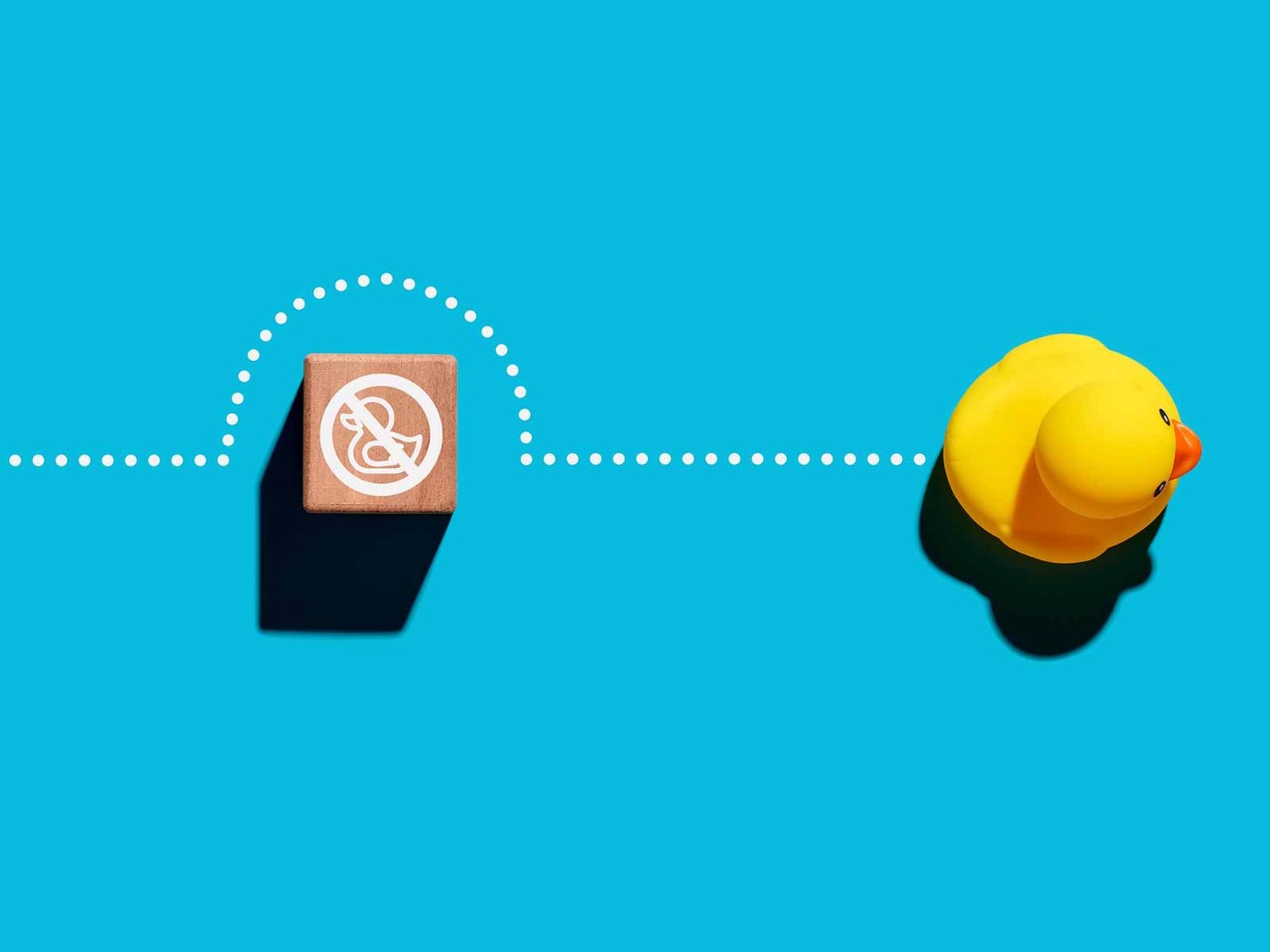
The fallout from the cheating scandals at some of the Big Four firms in recent years is still being felt across the profession.
Between at least 2016 and 2020 – but possibly going back as far as 2012 – staff at EY in the US, KPMG Australia and PwC Canada have been found to be cheating on the ethics and independence exams designed to prove their trustworthiness and ensure that their accounting qualifications are up to date.
Misconduct was discovered across all grades, with professionals from associate to partner found to have broken rules
The details differ across each of the firms, but the picture is broadly the same. In total, thousands of audit professionals across multiple years either shared or received answers to mandatory in-house tests required to demonstrate technical competence and professional independence, and satisfy some requirements of professional certification.
At EY in the US, for example, at least 49 members of staff shared answer keys for these tests. At PwC Canada, it was discovered around 1,200 employees had been posting answers to exams on internal shared servers, attaching them as documents to emails and sometimes circulating them in hard copy. And at KPMG Australia, text and instant messages containing answers were shared between the 1,100 staff found cheating. Misconduct was discovered across all grades, too, with professionals from associate to partner found to have broken rules.
Record-breaking fine
Since professional independence and sound ethics are essential to the practice of audit, and since high-quality audit is itself essential to the proper functioning of capital markets, regulators have cracked down – hard.
All firms were required to pay fines – in EY’s case, the largest ever levied against an audit firm, at US$100m (by the SEC). The US Public Company Accounting Oversight Board (PCAOB) fined KPMG Australia US$450,000 and PwC Canada US$750,000, with the latter also fined C$200,000 by the Canadian Public Accountability Board.
It’s thought that EY’s fine was so large because it hindered a regulator’s subsequent investigation – an act the US Securities and Exchange Commission (SEC) called ‘shocking’.
In each case, too, the firms involved were required to submit documents demonstrating competence to regulators, reconfirm their commitment to integrity in internal examinations, and revise quality control and monitoring procedures. EY was also required to retain two independent consultants – one to identify and remediate policy and procedure deficiencies, and one to review EY’s conduct in failing to disclose essential information.
It seems unlikely that at least those at the partner level thought that they were acting with integrity
Some contrition
While it appears that no unequivocal apologies have been made publicly to clients, something like contrition was forthcoming from all involved. EY said it was ‘confident’ that action taken by the regulator would ‘reinforce steps’ it had already taken since the situations occurred – an interesting claim, particularly in the light of its failure to self-report.
KPMG, which did self-report, admitted that ‘the behaviour struck at the heart of our culture’ and was ‘totally unacceptable’.
PwC Canada said that it was confident there had been ‘no impact or compromise to the quality of [its] audits’ – although it offered no evidence to support this observation.
ACCA warned about the implications of these events: 'We believe that the accountancy profession should uphold the highest ethical standards, so these cases are deeply disappointing. They are also damaging to the reputation of the profession.'
While it is possible that those involved believed what they were doing was not wrong, or perhaps did not accord it the importance it deserves, it seems unlikely that at least those at the partner level thought that they were acting with integrity.
Since some cheating is always likely, attention must turn to the systems for rooting it out. ACCA has made clear that delivery of exams at an accountant’s workplace should be subject to monitored in-house testing systems. ‘There should be controls in place to guard against potential malpractice. Staff should be aware they are not allowed to collude or share test content or answers, and there should be monitoring in place to identify any potential cheating.’
ACCA added that it 'does not involve employers in the delivery of its professional exams or depend on an employer’s in-house testing system to meet any requirements of the ACCA Qualification’.
Testing not enough
The fallout from this scandal is considerable and will continue, with individuals likely to be fined and investigations still ongoing.
It has also served to highlight that professional conduct is a three-dimensional challenge that cannot be met through robust in-house testing alone. Audit clients and wider capital markets rely not just on the proper external and internal examination of professionals but on a less tangible foundation of trust, cemented through a wide array of actions including proper funding of and attention to whistleblowing programmes, incentives for ethical behaviour and rolling transparency even on uncomfortable issues.
The eyes of regulators and of the listed companies themselves will be on auditors for years to come.
More information
Find ACCA support regarding ethics, including ethics learning tools, the Ethics and Professional Skills module and the report, Ethics and trust in a digital age





